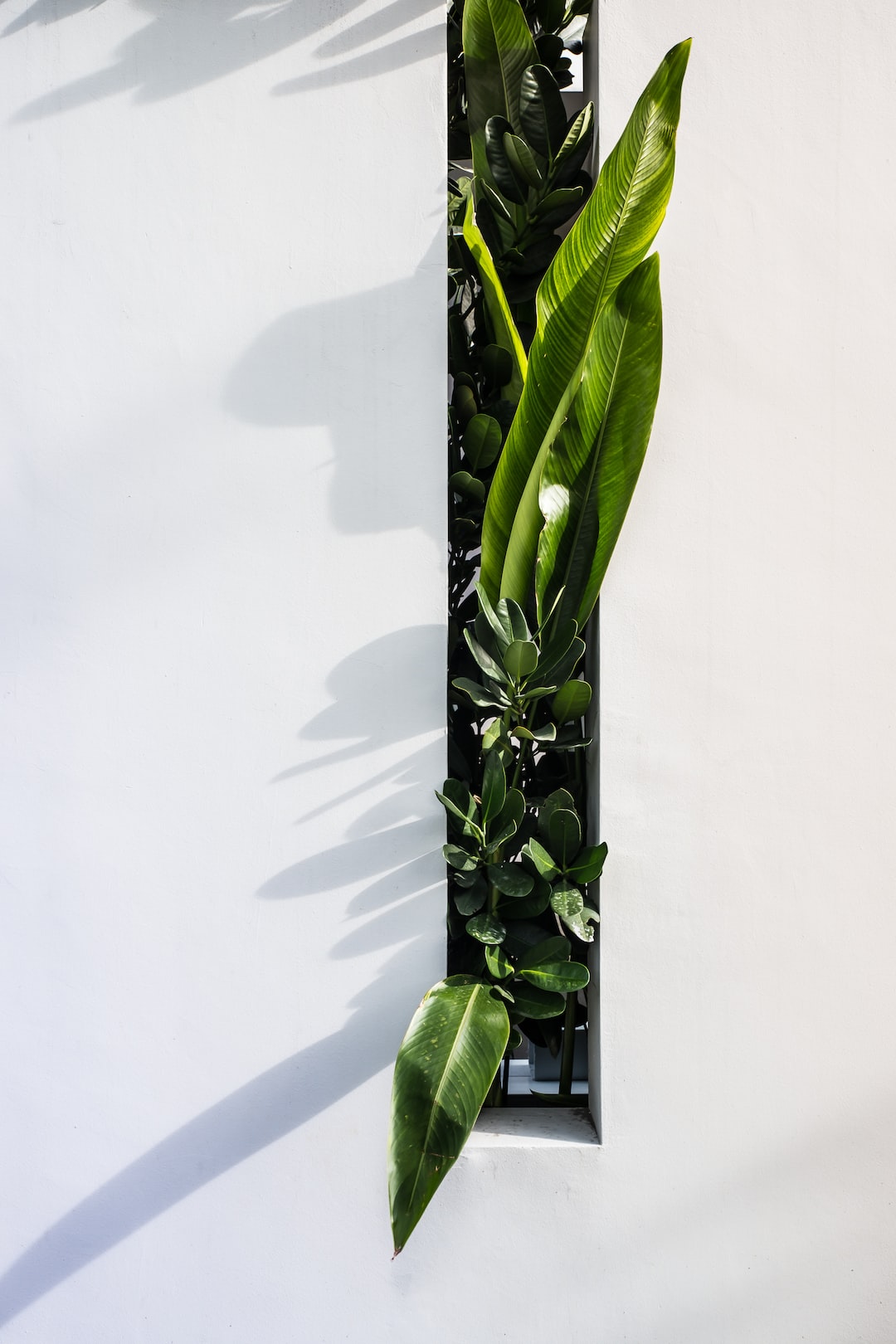Creating a Zen Garden: Finding Peace and Tranquility
In today’s fast-paced and hectic world, finding moments of peace and tranquility is becoming increasingly important. One way to achieve this serenity is by creating a Zen garden. Originating in Japan, Zen gardens have gained popularity around the world for their ability to provide a calming and meditative space. These gardens offer a sanctuary where you can reconnect with nature, reduce stress, and find inner peace. Let’s explore the key elements of a Zen garden and how you can create one of your own.
A Zen garden, also known as a Japanese rock or dry landscape garden, aims to recreate the essence of nature in a confined space. The fundamental principle behind this minimalist design is simplicity. By eliminating unnecessary elements, clutter, and distractions, Zen gardens allow you to focus on the present moment and cultivate tranquility.
The first step in creating a Zen garden is to choose an appropriate location. Ideally, you should allocate a quiet area in your backyard or even an indoor space with ample natural light. Once you have determined the location, remember that simplicity should be reflected not only in the design but also in the materials used. A Zen garden predominantly features sand, gravel, rocks, and limited vegetation.
The centerpiece of any Zen garden is the gravel or sand, often raked in straight lines or circular patterns to represent ripples of water. This raked surface becomes a meditation aid, as the repetitive motion helps calm the mind. Select a light-colored gravel or sand that contrasts with the surrounding elements, such as dark rocks or green plants, to create a harmonious balance.
Introduce rocks strategically into your Zen garden to symbolize mountains or islands in a vast sea. These rocks should be carefully chosen and placed to create a visually appealing composition. The placement of rocks should follow the natural flow of a landscape, forming natural focal points that draw the viewer’s attention. Remember, odd numbers of rocks are traditionally used, as they are believed to be more aesthetically pleasing.
To further enhance the Zen atmosphere, incorporate a few well-chosen plants, such as bonsai trees or bamboo. The purpose of using plants in a Zen garden is not to create a lush landscape but rather to suggest nature in a minimalist way. Place the plants sparingly and use variations in height to create depth and interest. The gentle rustling of bamboo leaves or the vibrant greenery of a well-tended bonsai tree can surely have a calming effect on your senses.
In addition to the visual elements, the sound of water can add a tranquil ambiance to your Zen garden. Consider adding a small water feature, such as a bamboo fountain or a stone basin, where water can gently flow. The soothing sound of running water will contribute to the overall tranquility of the space, drowning out other noises and creating a peaceful environment.
Finally, personalization plays a vital role in creating a Zen garden that truly resonates with you. Add meaningful elements that evoke tranquility and peace, such as a peaceful sculpture, a small bench for meditation, or a tea house to serve as a retreat corner. By incorporating these elements, you can make your Zen garden a unique reflection of your inner journey towards peace and serenity.
Creating a Zen garden requires patience and careful thought, but the rewards are immense. As you spend time in this serene space, you will notice your stress melt away, replaced by a sense of calmness and peace. The simplicity and natural beauty of a Zen garden will provide you with a sanctuary to escape the chaos of everyday life, enabling you to have the mental space necessary for self-reflection and rejuvenation.
So, why not embark on the journey of creating your own Zen garden today? Find solace, be present, and connect with the healing power of nature in a space designed to promote peace and tranquility. Remember, the purpose of a Zen garden is not solely in its appearance but in the experience it offers. May your Zen garden be a gateway to finding serenity in the midst of a chaotic world.
